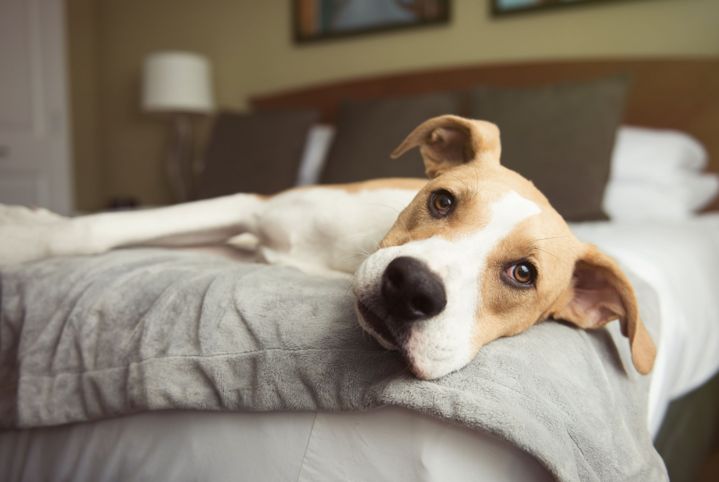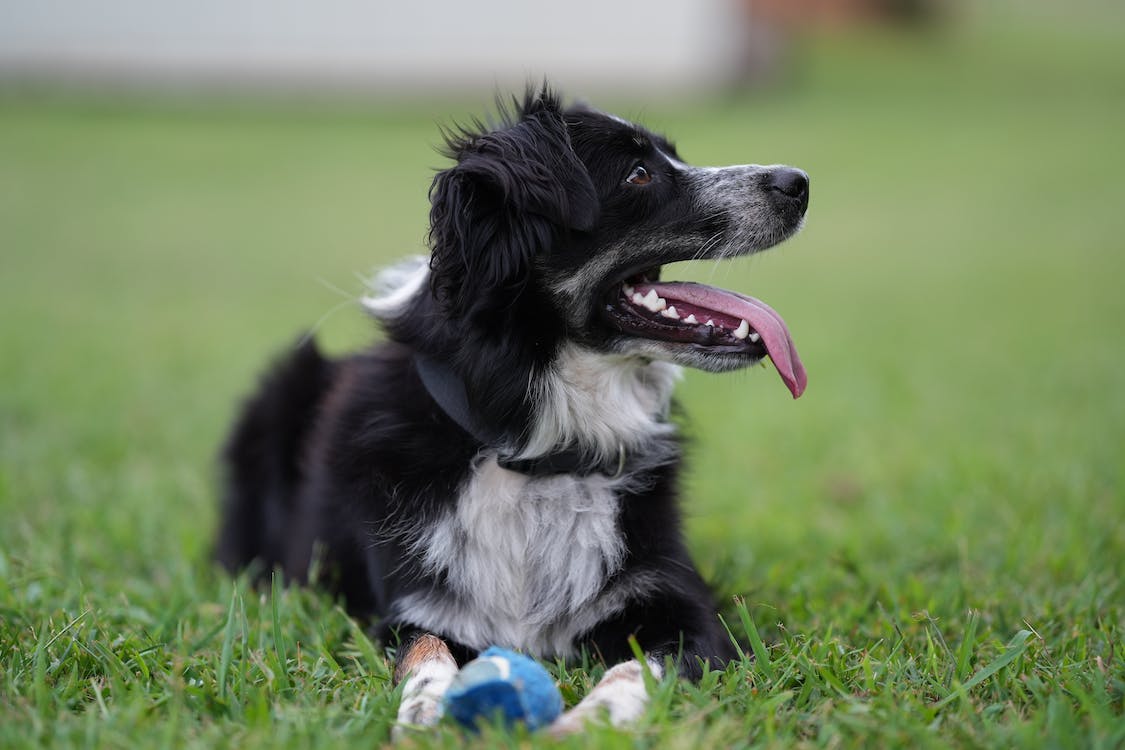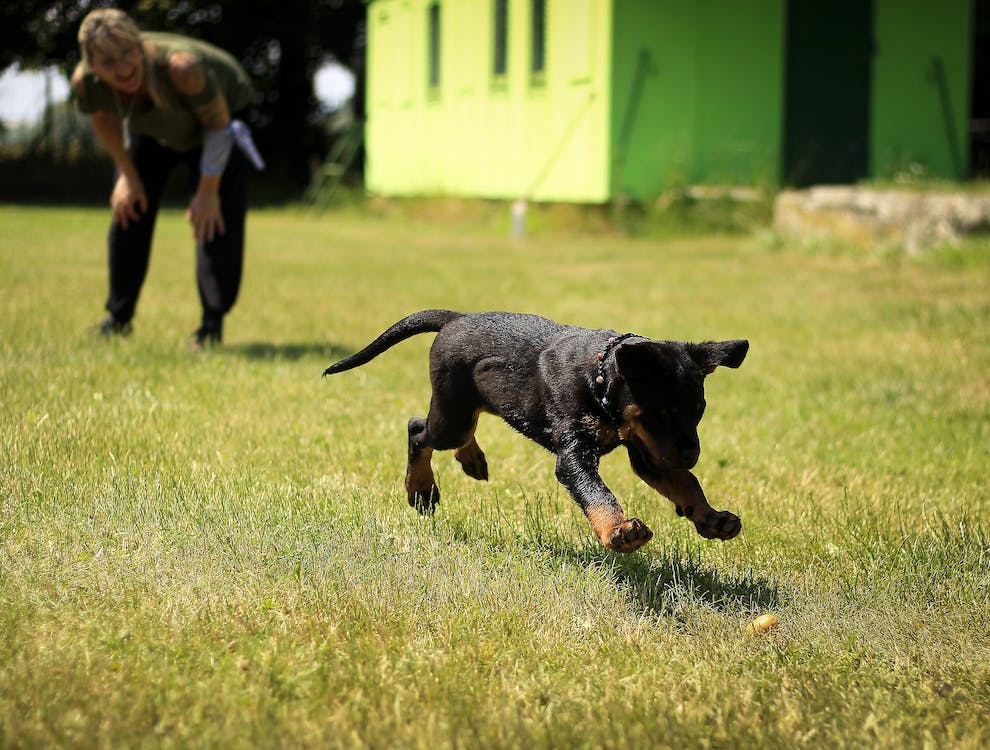As temperatures rise, you may notice your four-legged friend shying away from the air conditioning vent or seem unsettled when the A/C kicks on. Unlike humans who relish a good chill blast, some dogs exhibit a strong dislike or even fear of cold air conditioning. This article will explain to you the reasons behind this and provide solutions to help you and your dog have a comfortable summer.

Why dogs don’t like air conditioners ?
Headaches
Just like humans, dogs can experience sinus discomfort and headaches when cold dry air hits their nasal passages and mucous membranes. These “brain freezes” cause temporary pain and make dogs associate air conditioning with unpleasant sensations.
Sound sensitivity
Loud rumbles and noises from window unit compressors or central air systems scare noise-sensitive dogs, who associate the air conditioning with fear and react negatively when it turns on.
Struggles regulating body temperature
Dogs do not efficiently regulate internal body heat like humans. Drafty or direct AC can chill a dog excessively, lowering their core temperature to uncomfortable levels.
Excessively dry air
Air conditioning units dehumidify the indoor air as they cool it. The resulting very dry air can irritate dogs’ eyes, nose, throat, and skin.
Disruption of scent signals
Forced air circulation from air conditioning dissipates scents that dogs rely on for information about their home and surroundings. This disruption can disorient them.

Do dogs need air conditioning in summer?
Susceptibility to Heatstroke
Unlike humans who sweat to cool off, dogs primarily pant to regulate body temperature. When humidity is high, this evaporation becomes less effective, causing dogs to overheat dangerously fast in summer conditions. Even short stints in hot cars or yards can induce life-threatening heatstroke in vulnerable dogs not equipped to cope with temperature extremes. Air conditioning literally saves lives.
Brachycephalic Breed Risks
Dogs with pushed-in snouts like Bulldogs, Pugs, and Pekingeses already struggle to pant efficiently due to their airway anatomy. Excessive heat compounds breathing difficulties, causing these brachycephallic breeds to quickly overheat. Air conditioning provides essential relief.
Senior Dogs Face Higher Threats
As dogs age, their ability to thermoregulate declines. With cardiac and kidney issues also common in geriatric dogs, their bodies cannotcool off or bounce back from heat fatigue as easily. Keeping senior dogs comfortably air conditioned helps prevent tragedy.
Overweight Dog Challenges
Excess body fat acts as insulation, preventing efficient heat dissipation through the skin. Obese dogs thus require extra cooling help to avoid heat stroke. Weight loss coupled with climate control maximizes their summer safety.
Dehydration Dangers
Panting rapidly dehydrates dogs since each breath exhales moisture. Elevated summer risks of kidney issues make adequate hydration essential. Air conditioning curbs water loss while chilling dogs.

How to make my dog feel comfortable in an air-conditioned room?
Clean the air conditioning filter regularly
The filter of the air conditioner will accumulate a lot of dust. If it is not cleaned in time, the dust will be dispersed into the surrounding environment when the air conditioner is working. Doors and windows are generally closed when air conditioning is used, which creates better conditions for the rapid reproduction of germs. This dust and dirt can irritate your dog’s nose and even trigger an allergic reaction. Therefore, the filter of the air conditioner should be cleaned regularly, which is not only good for the dog’s health, but also beneficial to the human body.
Add water
During the cooling process, the air conditioner will dehumidify and remove some moisture in the air. If people stay in the air-conditioned room for a long time, they will develop symptoms such as thirst and dry skin, which is what we often call “air-conditioning disease.” The same goes for dogs. Therefore, we need to prepare enough water for the dog in the air-conditioned room so that the dog can replenish water in time. You can also put a basin of water in the corner of the wall where the air outlet of the air conditioner faces the wind direction. This can well adjust the humidity in the room, prevent the air from drying out, and maintain the comfort in the air-conditioned room. This basin of water must be changed every day to prevent bacteria and mosquitoes from breeding.
ventilation
If you do not open the windows for ventilation within 3 hours, the indoor air will become stale; if you do not ventilate for 6 hours, the indoor air will become polluted and turbid. Therefore, it is best to ventilate the room every 3 hours. When sleeping with the air conditioner on, leave some gaps in the windows to keep the air flowing.
temperature and duration
The air conditioner temperature should not be too low. It is recommended that the temperature be around 26 degrees. Don’t let your dog blow on the air conditioner for a long time. Once a dog gets used to the temperature of an air-conditioned room, he will be reluctant to go out, and his ability to regulate his own body temperature will also become worse. Once dependence on air conditioning is formed, the dog’s immunity will decline.
Avoid direct air blowing
Do not let the dog face the air outlet. If the air outlet blows directly at the dog, it will easily cause them to catch a cold.
Adjust the noise of the air conditioner
Dogs’ ears are much more sensitive than humans. In order to reduce the impact of air conditioner noise on dogs, we can reduce the air conditioner’s wind speed or use silent mode to reduce the noise emitted by the air conditioner.

Conclusion
Although most people like to stay in air-conditioned rooms on hot summer days, dogs may dislike or even be afraid of air conditioning due to various reasons such as noise and dry air. We can take effective measures to help dogs learn to adapt to air conditioning, enjoy the coolness and comfort brought by air conditioning, and spend every summer with us healthily and happily.



